
Write what you are looking for and press enter to begin your search!

Live News
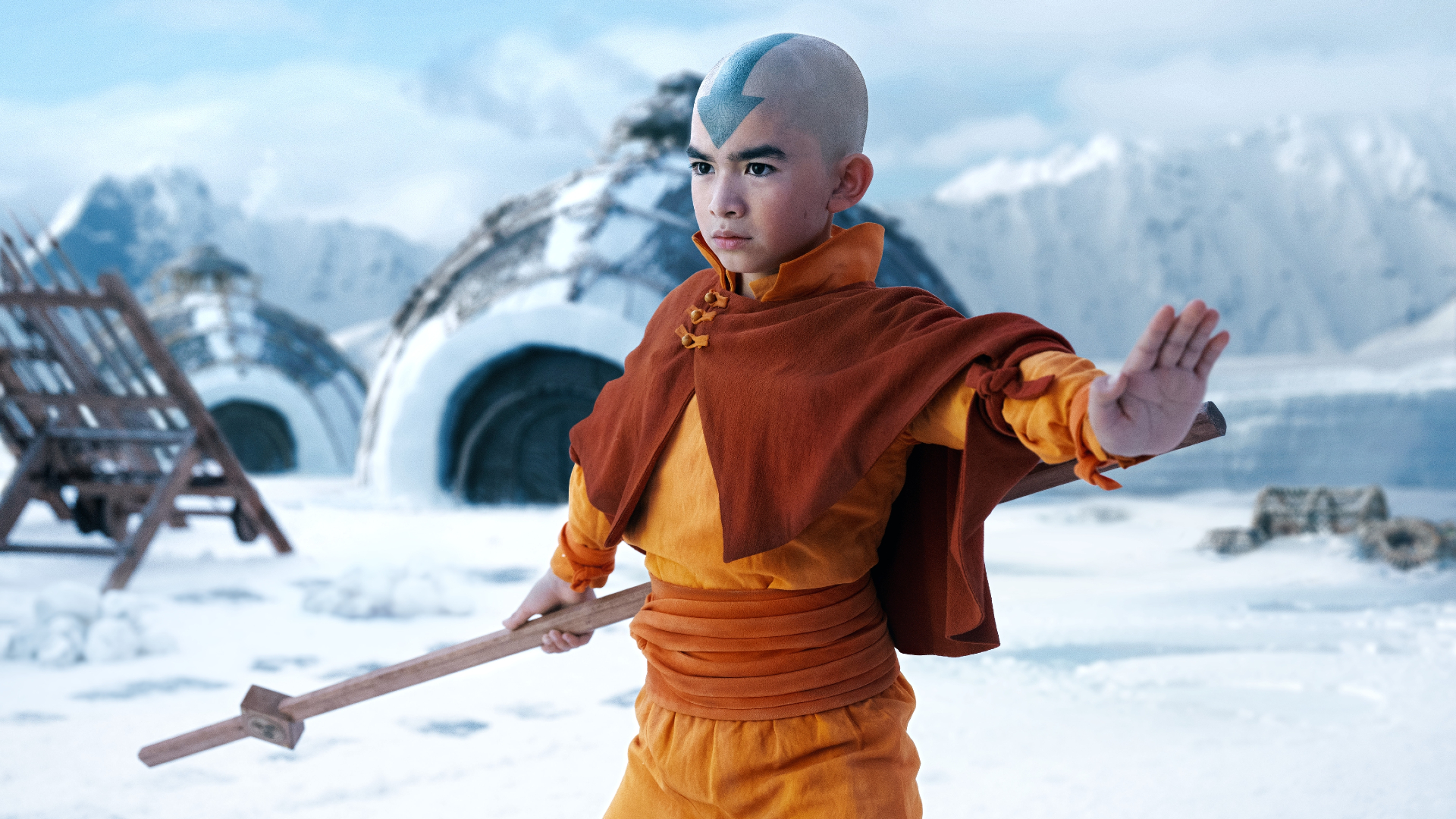

Avatar The Last Airbender Review: Is It Worthy Of Aang’s Legend?
 ">
">
By Alleef Ashaari|February 22, 2024|0 Comment
Next to One Piece, Avatar The Last Airbender is one of the biggest and most popular IPs that Netflix could have chosen to adapt into live action. While Netflix’s One Piece was a resounding success, it was a rare exception and most Netflix adaptations tend to follow in the unfortunate footsteps of series like Cowboy Bebop. Which end of the spectrum does Netflix’s Avatar The Last Airbender fall into? As someone who grew up watching the original animated series and its follow-up (The Legend Of Korra), Netflix’s Avatar The Last Airbender is definitely better than I expected.
![]()
When the original creators of the animated series left the project several years ago, it made a lot of fans more sceptical of the project, including myself. However, after watching almost the entirety of Netflix’s Avatar The Last Airbender, it is ultimately a lot better than M. Night Shyamalan’s much-maligned movie adaptation in 2010. Yes, that’s not a high bar to overcome in the first place, but considering the circumstances (the original creators leaving the project), it could have been a lot worse. Like, Cowboy Bebop’s level of worse. Thankfully, that’s not the case with Netflix’s Avatar The Last Airbender.
Does it take liberties with the source material? Yes, it does, but that was pretty much expected after the original creators left the project. That being said, it seems like showrunner Albert Kim did try to be as faithful as possible and remix certain elements around, combining certain episodes even from future seasons of the animated (not just Book One: Water but also from Book Two: Earth and Book Three: Fire).
Of course, I can’t discuss specific details about the narrative and plot without spoiling, but you can rest assured that most of the iconic events and episodes in Book One: Water of the animated series are covered and adapted in some way or the other in the first season of Netflix’s Avatar The Last Airbender. Showrunner Albert Kim has trimmed a bit of the fat, omitting episodes like The Great Divide and The Fortuneteller. While many fans can argue that even some of the less well-regarded ‘filler’ episodes are important, not adapting them could be a good thing. As a result, Netflix’s Avatar The Last Airbender Season 1 has a more serialized format with an overall pacing that’s more suited for binge-watching as a whole. That being said, it’s not perfect and as a fan of the series, the way that Netflix’s Avatar The Last Airbender remixes some elements from different episodes together and changes certain parts of the lore will rub some fans the wrong way. Some parts feel unearned and don’t have as much impact as they should, like disparate elements thrown into the series as fan service but without the context and development they were given in the original.
![]()
One thing I noticed as a key difference is how much less subtle the writing in Netflix’s Avatar The Last Airbender is when compared to the original animated series. Perhaps that’s because we only get 8 episodes this time around instead of Book One’s 20 episodes. Also, it feels like the show is afraid to show as much conflict between the characters as they did in the original animated series, which makes them feel less real than the animated characters, ironically.
They feel more fabricated, especially characters like Katara. It’s because Netflix has removed some details they deem to be problematic or flaws in the original, like Sokka’s early sexism (but the sexist culture of the Northern Water Tribe is still intact) and Katara’s tendency to be the mother figure of the group. For instance, we often see Katara get jealous and mad like a real teen girl would in the animated series, but in the live-action series, she’s mostly cool, calm and collected from the start. It’s difficult not to start comparing, but that’s the truth, character development and growth were better depicted in the original animated series.
Then, what does Netflix’s Avatar The Last Airbender do right? A lot of things, actually, and I don’t want my previous criticisms to diminish any of that. The casting choices for the live-action series are on point, with many of them giving great performances. Highlights include Dallas Liu as Zuko. Not only does he sound uncannily similar to Dante Basco, but he’s as close to a literal live-action Zuko as I can possibly imagine.
Other members of the cast who give great performances are Ken Leung as Commander Zhao, Paul Sun-Hyung Lee as Iroh, Utkarsh Ambudkar as King Bumi (even though some aspects of his character were changed), and Daniel Dae Kim as Fire Lord Ozai. While I previously mentioned how the series changes certain parts of the lore, Netflix’s Avatar The Last Airbender does add and expand on certain things in meaningful ways, such as the relationship dynamics of Fire Lord Ozai and his family. I admit that in that aspect, Netflix’s Avatar The Last Airbender feels more fleshed out and realistic, with Fire Lord Ozai not feeling as cartoonishly evil or one-dimensional as he was in the original series. It’s not the same as in the animated series, and while some fans might find that blasphemy, it doesn’t always have to be 1:1 in every regard and that it can even be improved in this case.
![]()
What about the iconic trio? Well, this is the hardest to judge in Netflix’s Avatar The Last Airbender, but I have to say that the three actors did as well as they could. Gordon Cormier is the best amongst the three as he’s great in portraying Aang as he should be, happy-go-lucky but also during the more tragic moments that define him. Ian Ousley is a good Sokka but he feels like a more watered-down version of the animated one and his lines/jokes are nowhere near as funny as in the animated series.
Kiawentiio is the weakest link as Katara because her performance is weirdly wooden; the script doesn’t help her. As I previously mentioned, taking out certain elements removes the challenges and conflict that defined Katara’s character in the animated series and that’s not the actress’s fault. If the characters don’t have much in the way of flaws, they don’t have much room to grow and as a result, aren’t interesting. Still, they’re a lot better than the performances of the trio in the 2010 movie, but again, that’s not much of a high bar.
Elizabeth Yu as Azula doesn’t get as much screentime as the others, which is expected since she didn’t really have a role in Book One: Water of the animated series, but what little we see of her is great so far and she has massive potential to stand out. Unfortunately, that can’t be said of Momona Tamada as Ty Lee and Thalia Tran as Mai, who don’t get to do anything substantial in this first season.
The best praise I can give to Netflix’s Avatar The Last Airbender is the choreography and action scenes. The bending of the four elements is performed and executed way better here than in the 2010 movie and from the very first episode, this series wants you to know that by opening with huge epic setpieces. There are no longer any cringe-worthy and awkward scenes like having a whole group of Earthbenders doing elaborate moves just to move a pebble.
All of the element-bending is depicted as graceful and powerful as it should be, with CGI that looks big-budget movie-worthy. It’s clear that a lot of resources went into making it all look as good and as awesome as they can be, with actual martial arts for each specific element that make them more distinguishable and stylistic. The tone of the series is also darker and more visceral than in the animated series because we actually witness people getting burned alive when they get attacked by Firebenders, which the animated series couldn’t really depict. It’s not something Avatar The Last Airbender necessarily needed but it does make the Fire Nation feel more dangerous and threatening.
Still, it’s difficult to get over certain details. For instance, Avatar The Last Airbender Book One was titled Water because Aang learnt waterbending. However, in the entire first season of Netflix’s Avatar The Last Airbender, he doesn’t learn how to water-bend at all or practice any waterbending, which was a bizarre decision on the showrunner’s part, or maybe it’s something he overlooked. It’s a small thing to nitpick but it’s something I only noticed at the very end, which I’m sure fans of the animated series will as well.
![]()
In the first place, it was impossible for Netflix’s Avatar The Last Airbender to be on par with the original animated series, let alone become a better version. However, Netflix’s Avatar The Last Airbender is better than expected. It feels unfair to keep comparing it to the animated series because nothing can hold up to the legendary source material, but at least it’s a million times better than the 2010 movie. Netflix’s Avatar The Last Airbender is a somewhat faithful adaptation that takes certain liberties but as a conclusion, I’d say that this is as close as we can get to a good live-action adaptation without the involvement of the original creators and one that’s still worth watching.
We received an early screener of Netflix’s Avatar The Last Airbender courtesy of Netflix Malaysia. All eight episodes of Netflix’s Avatar The Last Airbender are slated to premiere on Netflix on 22 February 2024.
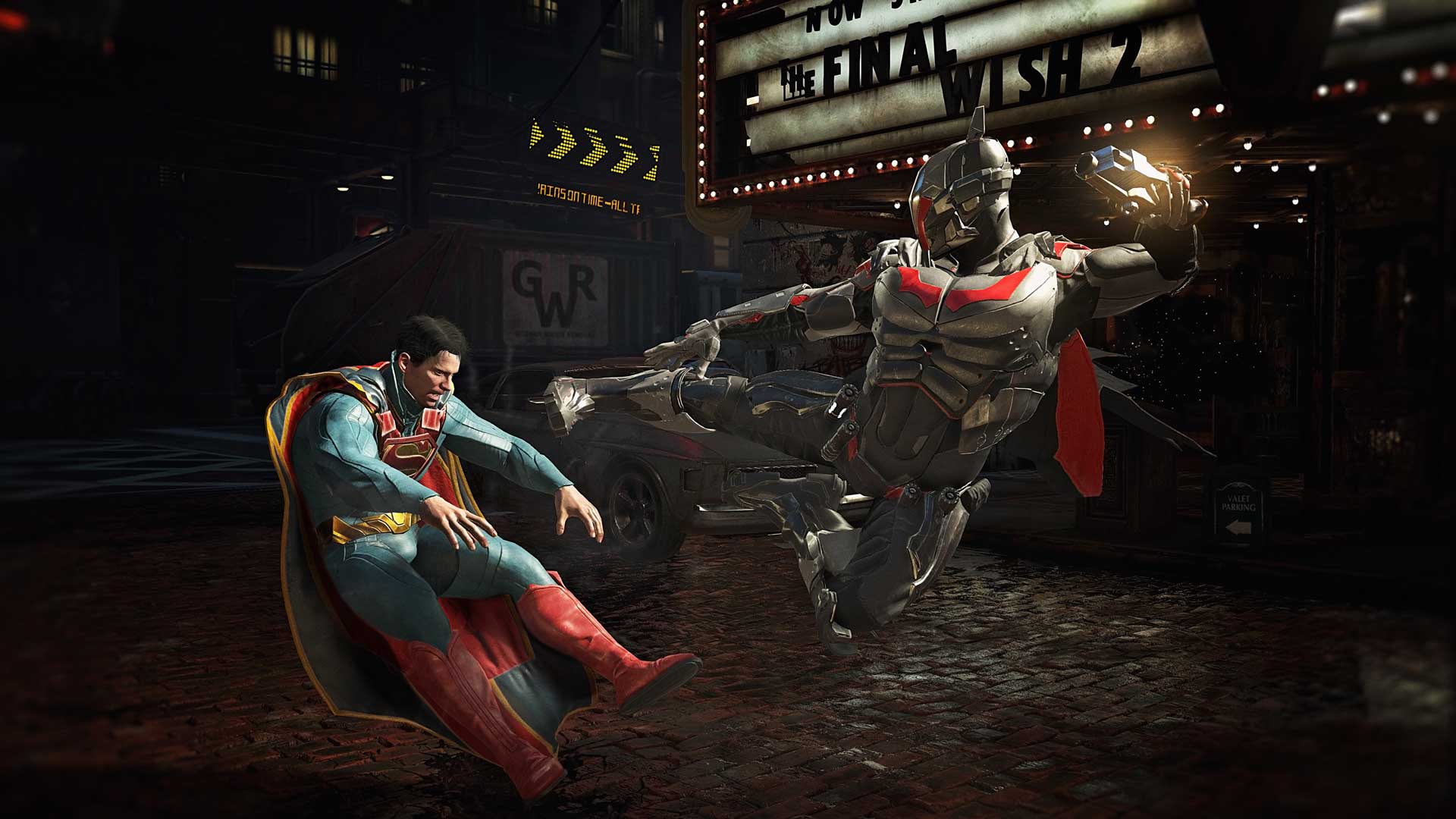
By Mr Toffee|April 24, 2018
Last year, Tekken 7 and Marvel vs Capcom Infinite had single-player story modes that, for better or worse, felt a little different and tried to be a l...
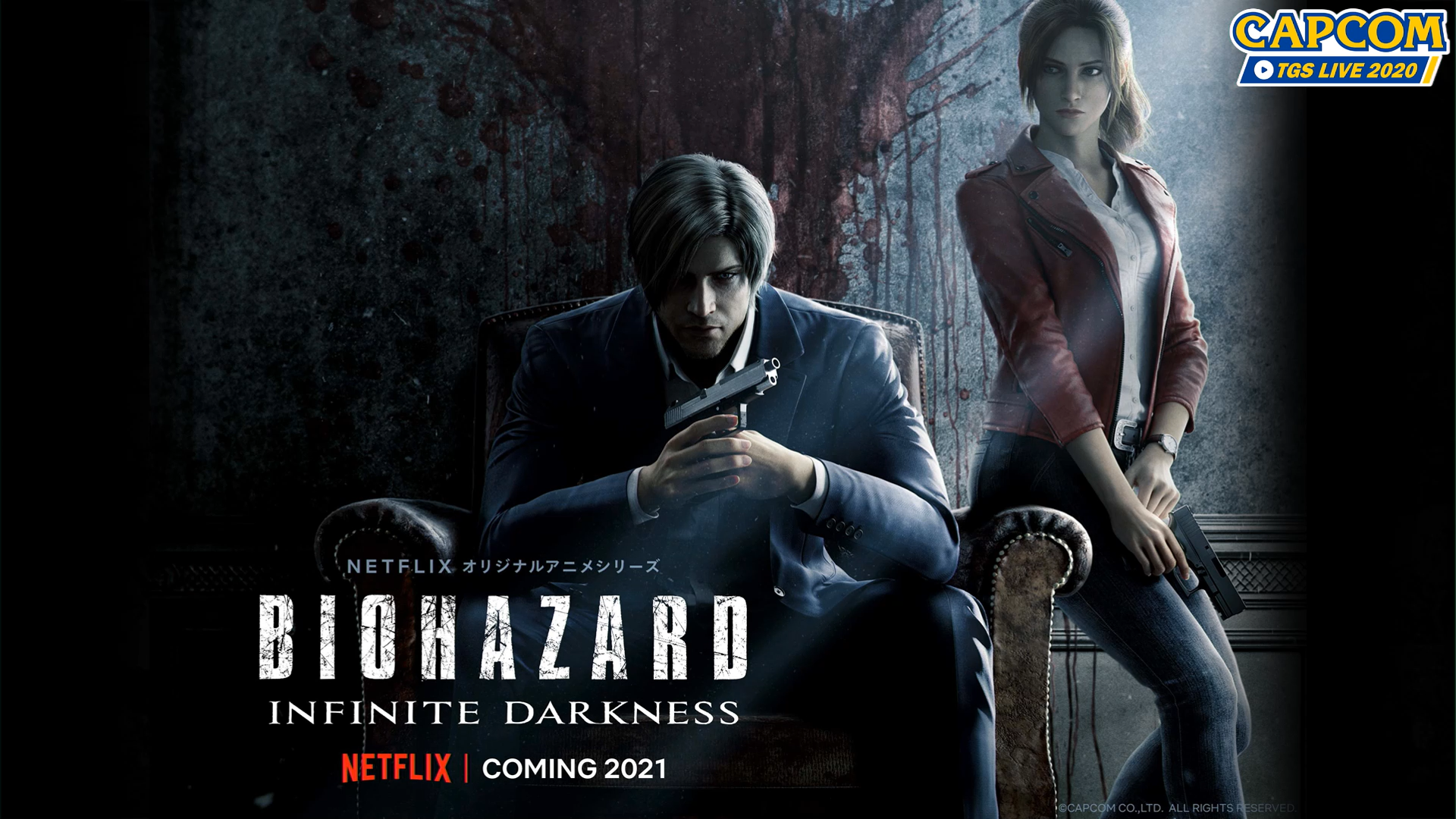
By Alleef Ashaari|September 27, 2020
During Tokyo Game Show 2020, Capcom officially announced Resident Evil Infinite Darkness. It is an episodic CGI series coming exclusively to Netflix ...

By Alleef Ashaari|October 7, 2019
Another year, another New York Comic-Con passes, though not without leaving behind the best of pop culture announcements and reveals. Though NYCC 2019...

By Mr Toffee|February 2, 2024

By Team KKP|July 1, 2023
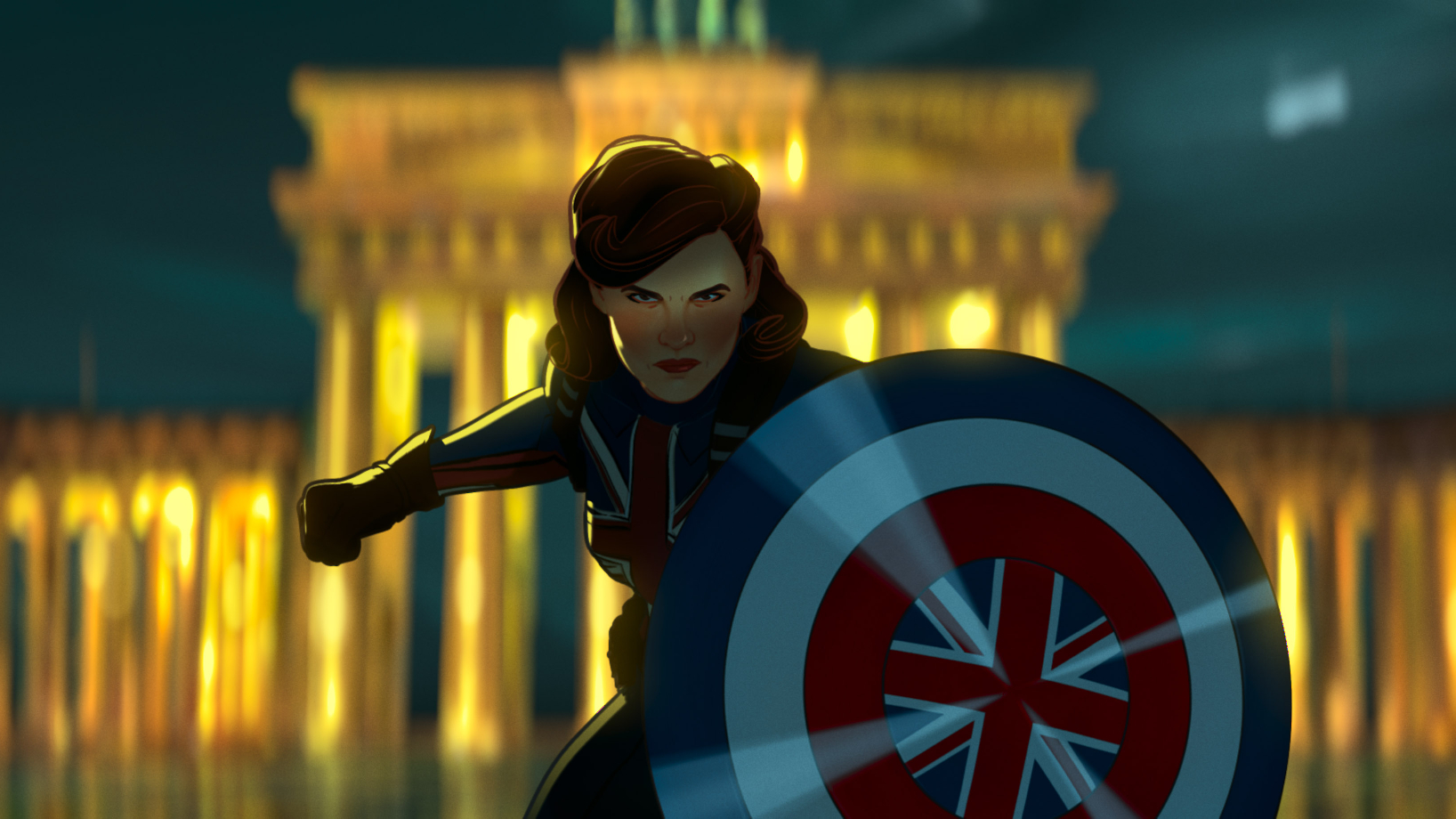
By Alleef Ashaari|August 2, 2021
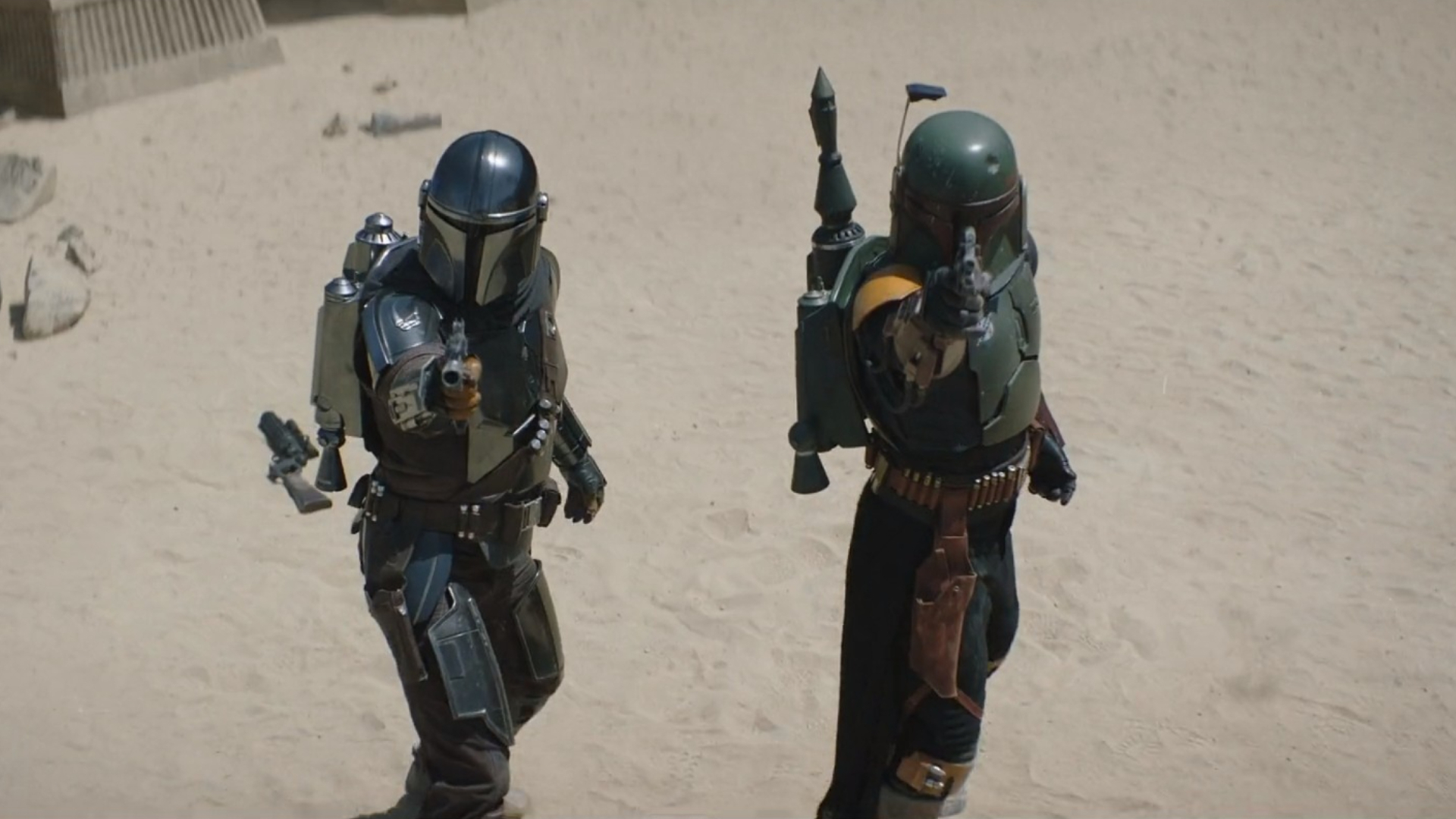
By Alleef Ashaari|February 9, 2022

By Mr Toffee|February 2, 2024

By Team KKP|July 1, 2023
Copyright @ Kakuchopurei 2024